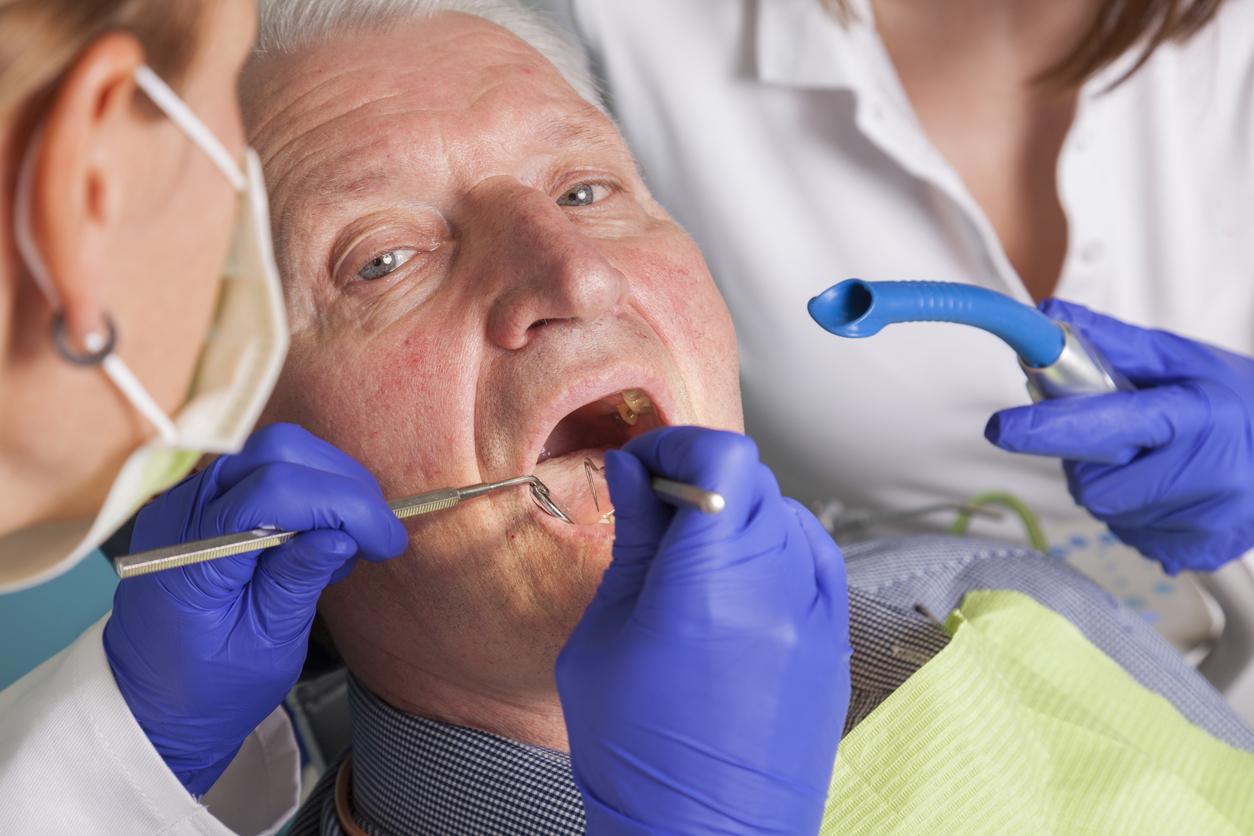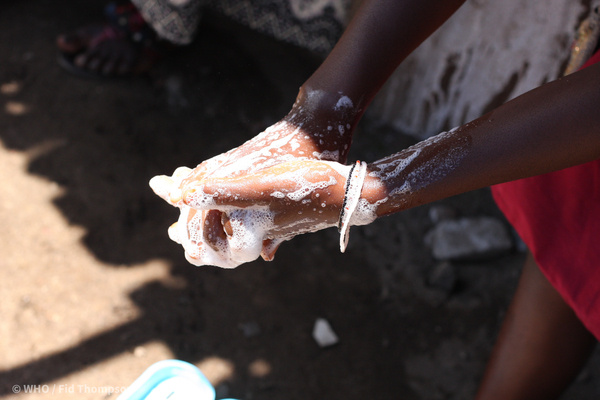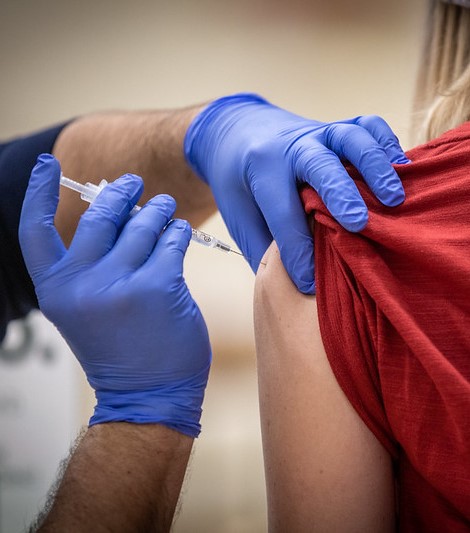
A systematic review and meta-analysis found that the use of antibiotics prior to invasive dental procedures was associated with a reduced risk of infective endocarditis (IE) in high-risk patients, but not in those considered moderate- or low-risk, US and European researchers reported late last week in JAMA Cardiology.
The findings support current antibiotic prophylaxis (infection prevention) guidelines from the American Heart Association (AHS) and the European Society of Cardiology (ESC), which recommend that patients with cardiac conditions that are associated with the highest risk of adverse outcome from IE—an infection of the heart valve—should receive antibiotics before invasive dental procedures. Previous guidelines from the organizations had recommended antibiotic prophylaxis for a wider range of patients.
59% less risk of infection in high-risk patients
A total of 30 studies covering 1,152,345 IE cases were included in the review; 8 of the studies were case-control/crossover, cohort, or self-controlled case series studies, and 22 were time-trend studies. Meta-analysis of the group of 8 studies found that high-risk patients who received antibiotic prophylaxis were 59% less likely to develop IE (pooled risk ratio [RR], 0.41; 95% confidence interval [CI], 0.29 to 0.57) than those who didn't receive antibiotic prophylaxis. No significant associations were found for individuals at moderate or low/unknown risk.
Results from the time-trend studies were inconsistent, with 9 studies finding no significant changes in IE incidence since the AHA and ESC antibiotic prophylaxis guidelines for invasive dental procedures were narrowed in 2017, 7 finding a significant increase in IE incidence for the overall population, and 3 finding a significant decrease.
The authors of the study say that while the findings add valuable evidence for defining the role of antibiotic prophylaxis in preventing IE following invasive dental procedures, studies with a more rigorous scientific approach, such as randomized clinical trials, are needed.

















